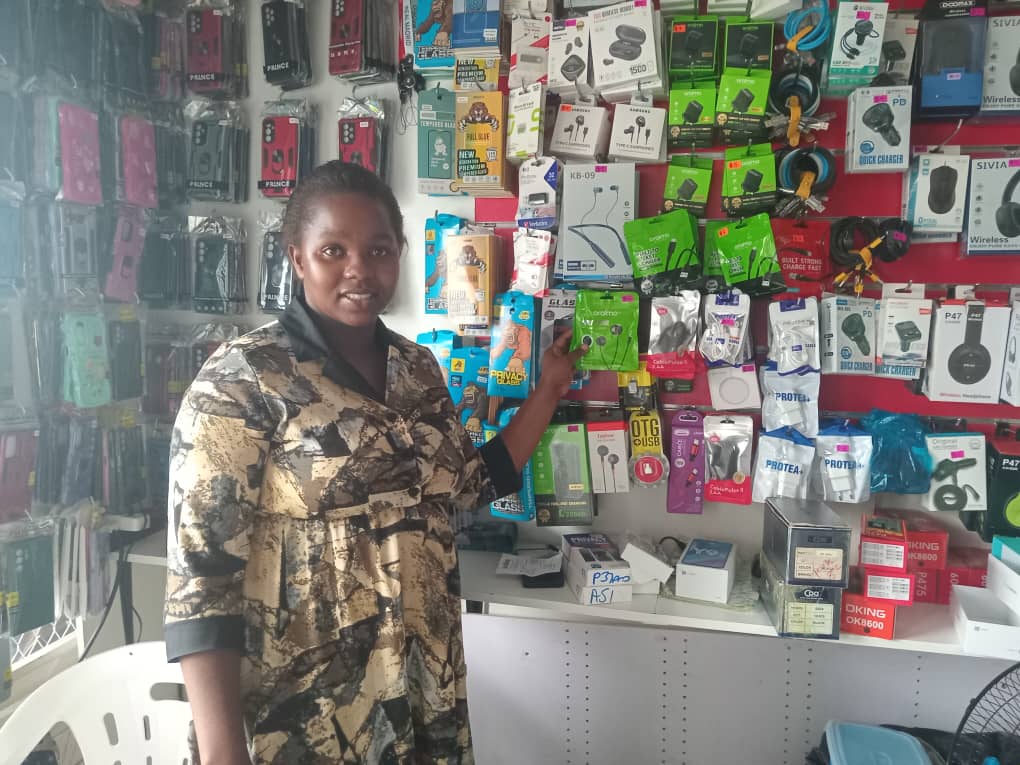20 July 2016
By Pedro Luis Ramirez B.
 Pedro Luis Ramirez B. is a member of StreetNet International’s (SI) Audit Team which forms part of StreetNet’s Executive Committee. He is also National President of the Unión General de Trabajadores en la Economía Informal UGTI-CUT (Colombia). Below he talks about the situation of street vendors in his country.
Pedro Luis Ramirez B. is a member of StreetNet International’s (SI) Audit Team which forms part of StreetNet’s Executive Committee. He is also National President of the Unión General de Trabajadores en la Economía Informal UGTI-CUT (Colombia). Below he talks about the situation of street vendors in his country.
The world watches with complacency as the Colombian government prepares to sign a peace agreement between itself and the guerrillas of FARC. It is hoped this will end the political violence that has characterised the history of our country over the last 60 years. Most Colombians would want to express their support for this event.
However, it is the same government which has now decided to declare war on poor street vendors by passing a Police Code that prohibits their trading activities. This has set back the gains made by traders in their struggle for the right to work. Such gains were formally recognised by the Constitutional Court which is the highest judicial authority in the country. Local mayors are now making a mockery of these constitutional gains. They have proceeded, as has happened in the capital city of Bogota, with the persecution and cruel treatment of street vendors, including the confiscation of their goods.
Of course, the Police Code is one of the components of an organised police state which wants to deter and prevent the emergence of social mobilisation and protest in a society characterised by inequalities, injustices and inequities. Within this, poverty is criminalised; the poor are stigmatised as a dangerous class. Street vendors become "scapegoats" for state authority actions. The state uses the media to explain its actions as part of fighting urban insecurity. However, its real purpose is to intimidate a population that is awakening to the realisation of the need to defend its dignity and citizen rights.
In Bogota, progress was made in the last decade in this regard, thanks to the organized mobilisation of street vendors and consultation with governments of the democratic left wing, which won in three successive local government elections. Norms were set to allow for the economic use of public spaces and the protection of street vendors from police abuse and that of mayors, through due process and laws.
As a result the city authorities are obliged to change their behavior of permanent persecution of street vendors, which has marked them throughout their history in the twentieth century. This obligation is clearer after the Constitutional Court found that in a social constitutional state, it is understood that a street vendor engages in vending as a livelihood, because of the inability of the state to guarantee decent employment; that evictions and seizures prevent him from performing this activity, leading the worker to total unemployment; and that this approach not only does not correspond to the exercise of authority within the Constitution that governs us, but also aggravates the problem of unemployment that afflicts us as a society. Thus, the activity of an informal worker must be understood as a solution that contributes to cover responsibilities that the State does not fulfill, which are related to employment policies and the right to work.
However, the arrival of the new mayor of Bogota, Enrique Peñalosa, has changed matters. Penalosa is described as the enemy of street vendors because of all his actions to eradicate street vending, destroy their organisations and violate their rights as citizens, in his first term in the period 1997-2000. There have been actions from the government in the same direction with evictions, abuses and confiscations. These are illegal but are glossed over as necessary for security. Street vendors are presented by the media, as people who are manipulated by "mafias" of their organisations and leaders who exploit them and commodify the public space.
Recently a judge ordered Penalosa to meet the street vendor organisations; he publicly said that he would not do so.
The UGTI, which has become the heart of Local and District Committees in the capital city, has played a leading role in the country, in the amendment of norms and governance practices that criminalise the activities and allow for the evictions of street vendors.
We also organised a mass mobilization of street vendors on February 29th. We are working very hard to hold a town hall meeting – a form of citizen participation that will allow street vendors to publicly confront the current mayor about his slanderous speeches that stigmatise them, as well as about the unconstitutional and illegal measures that violate their rights as citizens and workers, and force a consultation and social dialogue.



